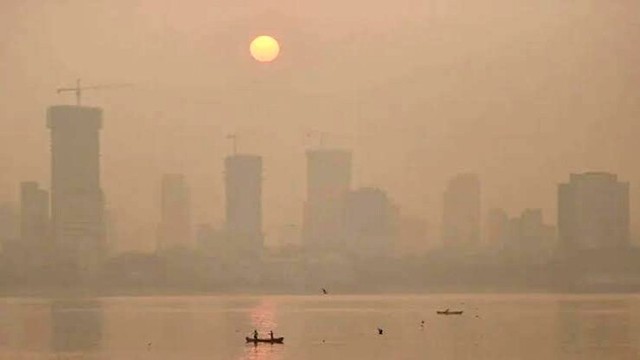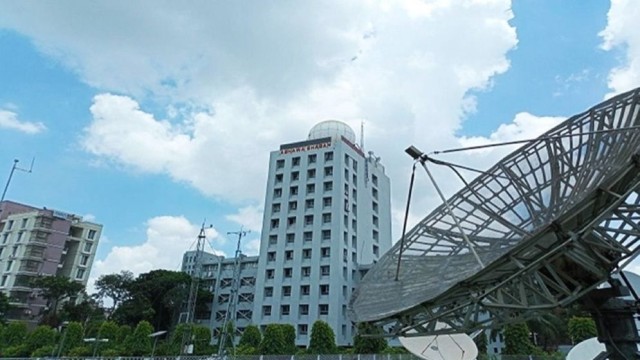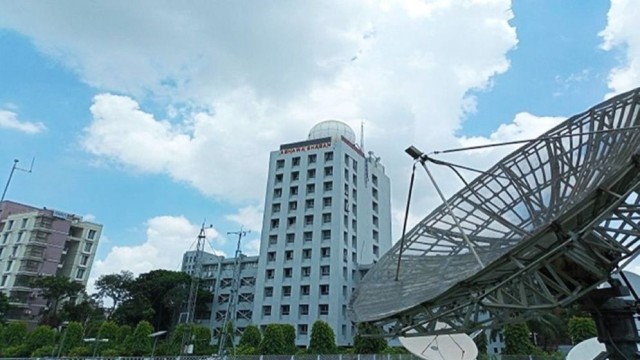Dhaka the bustling capital city of Bangladesh has recently been "ranked sixth" on the global list of cities grappling with severe air pollution. According to recent data, at 7:15 am on Wednesday, February 21th, Dhaka recorded an Air Quality Index (AQI) score of 161, categorizing its air as 'unhealthy'.
The Global Air Quality Landscape
Leading the list are three cities:
1. Delhi, India: With an alarming AQI score of "180".
2. Tashkent, Uzbekistan: Following closely with an AQI of "179".
3. Bishkek, Kyrgyzstan: Occupying the third spot with an AQI of 168.
4. Lahore, Pakistan: Currently, this city is ranked fourth with an AQI of 163.
5. Jakarta, Indonesia: Along with Pakistan, this Indonesian city is listed as having the world's most filthy air (AQI: 163).
Dhaka's sixth-place ranking underscores the urgent issue of air pollution in this densely populated metropolis.
Understanding the AQI
The "AQI" serves as a vital indicator for reporting daily air quality. It provides crucial information about cleanliness or pollution levels in a particular city and the associated health effects. The AQI classifies air quality based on several factors, particularly particle pollution. Here's how it breaks down:
- 101 to 150: Air quality is 'unhealthy' for sensitive groups.
- 150 to 200: Deemed 'unhealthy' for the general population.
-201 to 300: Labeled 'very unhealthy'.
- 301 or above: Classified as 'hazardous', posing severe health risks.
Dhaka's Pollution Profile
In Bangladesh, the AQI is determined based on five key pollutants:
1. Particulate Matter (PM10 and PM2.5): These tiny particles significantly impact air quality.
2. NO2 (Nitrogen Dioxide): A byproduct of combustion processes.
3. CO (Carbon Monoxide): Emitted from vehicles and industrial sources.
4. SO2 (Sulfur Dioxide): Commonly found in industrial emissions.
5. Ozone: A complex pollutant formed by chemical reactions.
The presence of these pollutants contributes to the deteriorating air quality in Dhaka. The city has long grappled with air pollution issues, especially during the winter months, although there is a slight improvement during the monsoon season.
Global Health Implications
According to the World Health Organization (WHO), air pollution is responsible for an estimated seven million deaths worldwide each year. The health risks associated with air pollution include increased mortality from:
- Stroke
- Heart disease
- Chronic obstructive pulmonary disease (COPD)
- Lung cancer
- Acute respiratory infections
Addressing air quality challenges is crucial for the well-being of Dhaka's residents and serves as a wake-up call for sustainable solutions.































Comment: